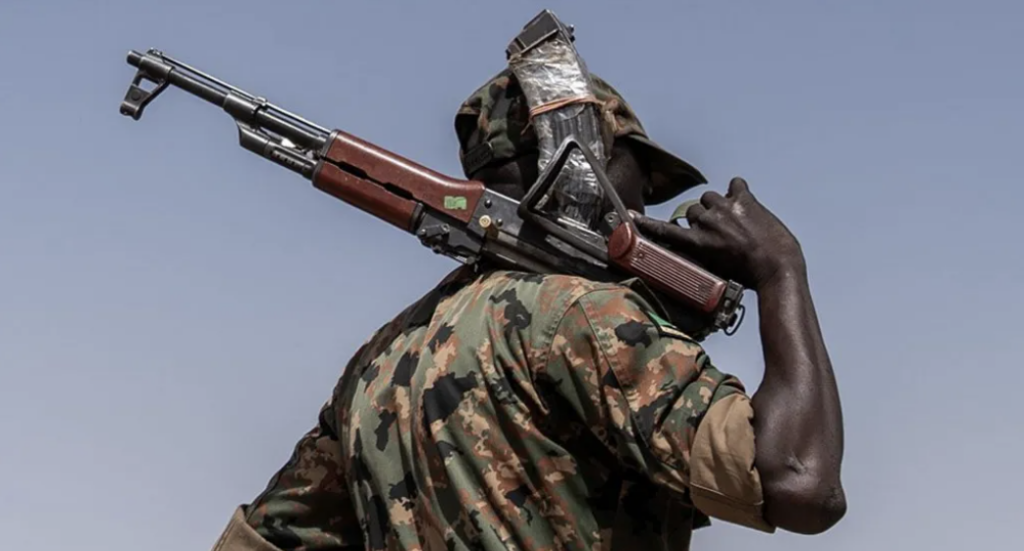The oil-rich Kordofan region has become the latest flashpoint in Sudan’s brutal civil conflict, now in its second year. The fighting between the Sudanese army and the paramilitary Rapid Support Forces (RSF) has already claimed around 150,000 lives and displaced nearly 12 million people, making it one of the world’s worst humanitarian crises.
Kordofan, comprising three states and home to nearly eight million people, has strategic significance due to its oil infrastructure. Its location not only sustains Sudan’s economy but also supports South Sudan’s oil exports via vital pipelines running through the region. Control of Kordofan could decisively influence the outcome of the war.
Since June, the Sudanese army has intensified operations in the region, attempting to regain ground lost to the RSF after their gains in Khartoum and Gezira. General Abdel Fattah al-Burhan, Sudan’s military leader, has made symbolic visits to Khartoum, but remains based in Port Sudan, highlighting ongoing instability in the capital.
Experts say the RSF, led by General Mohamed Hamdan Dagalo (“Hemedti”), views Kordofan as a gateway to central Sudan and a chance to regain momentum. The army, meanwhile, seeks to push into Darfur from Kordofan, hoping to deal a decisive blow to the RSF.
Local dynamics are complicating the fight. Much of the RSF’s strength in West Kordofan comes from the local Misseriya community, who are fighting to protect their home region. Meanwhile, airstrikes by the Sudanese army in towns like el-Fula and Abu Zabad have reportedly killed civilians and sparked local outrage, potentially undermining military objectives.
Both sides stand accused of atrocities. UN agencies have condemned recent attacks that killed over 450 civilians in North Kordofan, including children and pregnant women. Satellite images suggest intentional arson by RSF forces, and human rights groups report people burned alive in their homes.
The RSF is now reportedly mobilizing to capture el-Obeid, capital of North Kordofan, with fighting intensifying in nearby Umm Sumaima. Analysts warn that the prolonged battle for Kordofan could mark a turning point in Sudan’s devastating war.

